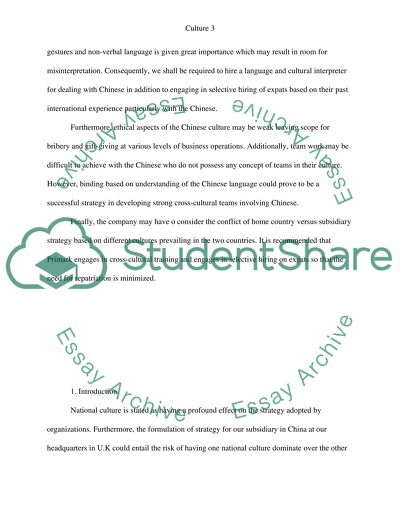Cite this document
(Teamwork and Chinese Culture Literature review Example | Topics and Well Written Essays - 1750 words, n.d.)
Teamwork and Chinese Culture Literature review Example | Topics and Well Written Essays - 1750 words. Retrieved from https://studentshare.org/culture/1496795-culture
Teamwork and Chinese Culture Literature review Example | Topics and Well Written Essays - 1750 words. Retrieved from https://studentshare.org/culture/1496795-culture
(Teamwork and Chinese Culture Literature Review Example | Topics and Well Written Essays - 1750 Words)
Teamwork and Chinese Culture Literature Review Example | Topics and Well Written Essays - 1750 Words. https://studentshare.org/culture/1496795-culture.
Teamwork and Chinese Culture Literature Review Example | Topics and Well Written Essays - 1750 Words. https://studentshare.org/culture/1496795-culture.
“Teamwork and Chinese Culture Literature Review Example | Topics and Well Written Essays - 1750 Words”, n.d. https://studentshare.org/culture/1496795-culture.


